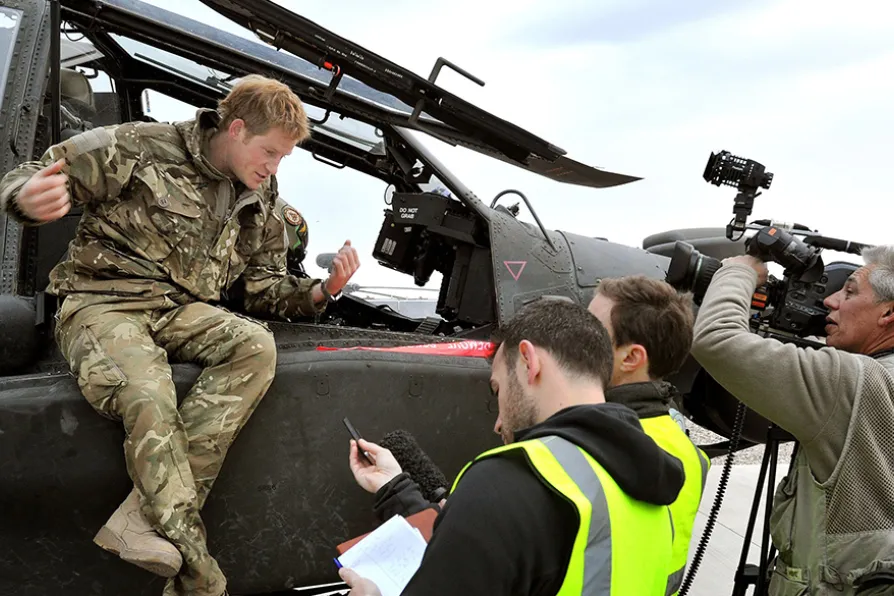John Wojcik pays tribute to a black US activist who spent six decades at the forefront of struggles for voting rights, economic justice and peace – reshaping US politics and inspiring movements worldwide

 Prince Harry talks to a TV crew after his early morning pre-flight checks on the flight-line, at Camp Bastion southern Afghanistan, where he was serving from September 2012 until January 2013
Prince Harry talks to a TV crew after his early morning pre-flight checks on the flight-line, at Camp Bastion southern Afghanistan, where he was serving from September 2012 until January 2013
AMID the deluge of royal angst unleashed by Prince Harry in his autobiography, Spare, his treatment of his time on deployment to Afghanistan flying Apache helicopters is easily the most salient in that it provides an insight into the diseased and murderous mind of those programmed to kill on command in the name of Western “civilisation.”
In extracts from the book published by the BBC, after revealing that he killed 25 people during his two tours of the country, Harry goes on to reveal: “It wasn’t a statistic that filled me with pride but nor did it leave me ashamed.”
Continuing, he offers: “When I found myself plunged in the heat and confusion of combat I didn’t think of those 25 as people. They were chess pieces removed from the board. Bad people eliminated before they could kill good people.”

STEPHEN ARNELL wonders at the family resemblance between former prince Andrew and his great-uncle ‘Dickie’












